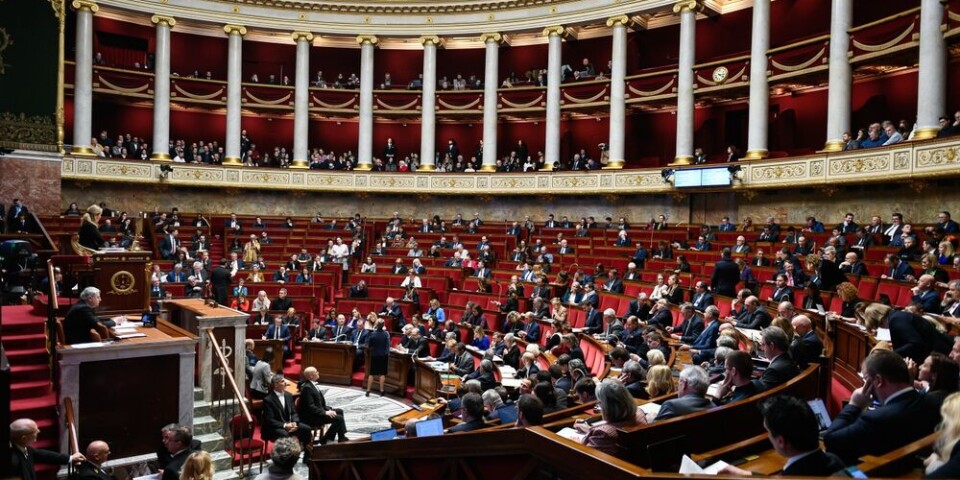What is the French Legion of Honour awarded for – and can foreigners receive it?
There is a limit of 100,000 Chevalier in an Order, but only 75 Grand’croix
The prestigious award is the highest possible civic honour in France, with one of the two award ceremonies falling on July 14
DreamSlamStudio / WH_Pics / Shutterstock
Those with an interest in France will likely have heard of individuals receiving the Légion d’honneur (Legion of Honour), spoken about with pride and reverence.
The country’s highest possible civil award is comparable to a knighthood or order of chivalry (MBE/OBE) in the UK. It is the French Republic’s way of honouring an individual for their achievements, either in the public sphere or occasionally in the armed forces (although the latter can also be awarded other, military-specific medals).
Recipients are admitted to the Order and receive one of its formal ranks, such as Chevalier (Knight) or Officier (Officer).
Similar to a UK order of chivalry, individuals cannot request the title and instead must be nominated for the award, or put forward by a politician.
The awards take place on January 1 and July 14, although additional ceremonies may also be scheduled on special occasions such as the Olympic Games or French Liberation events.
The honour carries no pecuniary benefits. Recipients may wear a special medal (purchased of their own funds) and use the mark of distinction on correspondence such as letters, etc.
It can be taken away if the holder commits certain crimes, is imprisoned for more than a year, or acts in a manner deemed as not-befitting a member of the order.
Five ranks for award
The award has five ascending ranks within the order: Chevalier, Officier, Commandeur, then Grand officier and Grand'croix, the last two of which are referred to on occasion as dignités (dignitaries). The total number of titles awarded becomes progressively smaller at each tier.
Holders initially receive the Chevalier award. Where applicable they are then promoted through the ranks, although in some rare cases individuals can enter the order at a higher rank due to exceptional merit.
The scale, and limitations, of each rank are as follows:
Chevalier: limited to 100,000 overall holders, with recipients requiring least 20 years of public service or 25 years of outstanding work in their field of expertise
Officier: limited to 10,000 holders, must be at the rank of Chevalier for eight years before receiving
Commandeur: limited to 1,250 holders, must be at rank of Officier for five years before receiving
Grand Officier: limited to 250 holders, must be at rank of Commandeur for three years before receiving
Grand’croix: limited to 75 holders, must be at rank of Grand Officier for three years
These quotas do not need to be complete, and in recent years have not been fully met.
For each promotion within the honours system, an individual must be re-nominated, and advancement is not automatic.
Honours awarded for military service are different.
How do nominations work and can foreigners receive one?
The Legion of Honour is not restricted to French citizens. It is possible for anyone to be nominated if they have proven themselves worthy of the title.
However, they need to be nominated by a French citizen, with the motion backed by a further 50 French signatories and an explanation of why they believe the nominee deserves the award.
This is then sent to the local prefect (or if overseas, the relevant consulate) and the grand chancelier, responsible for the award. For military acts there is a different process.
Note that foreign nationals, including those residing in France, may be decorated with the Legion of Honour but are not admitted as members of the Order. They receive the same ranks (such as Chevalier or Officier), but their award is conferred à titre étranger (as a foreigner) and does not carry the status of membership
In practice however this changes very little, and many recipients are not French, although usually are linked to France or French culture in some way.
Examples of living non-French recipients include Albania’s current Prime Minister Edi Rama (who lived in France for a time), singer Elton John (who has a home near Nice), writer J.K. Rowling, and US actress Liza Minnelli.
The rules of promotion still apply, in that an individual must first be awarded the rank of Chevalier and progress sequentially where applicable.




























